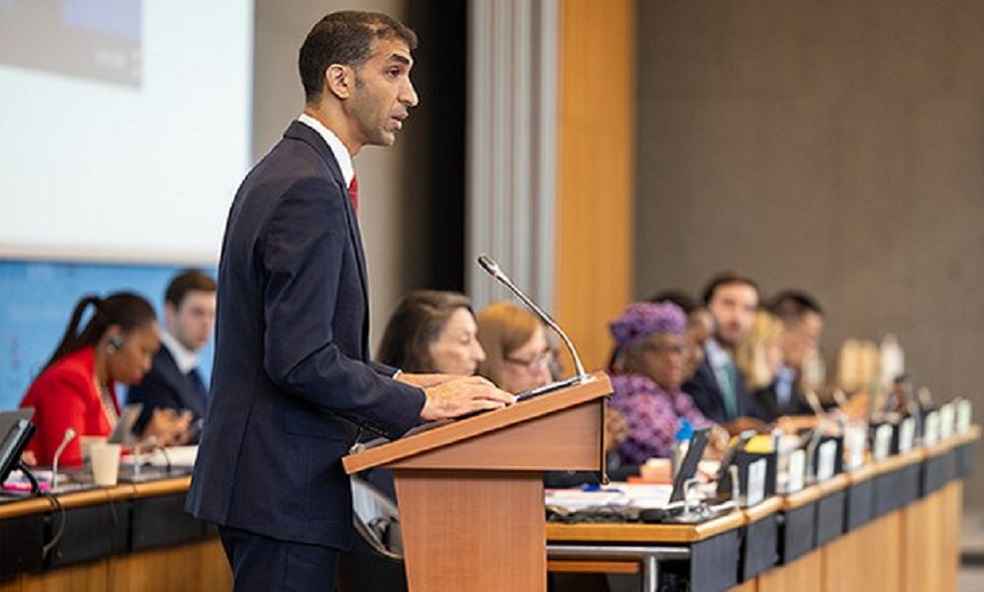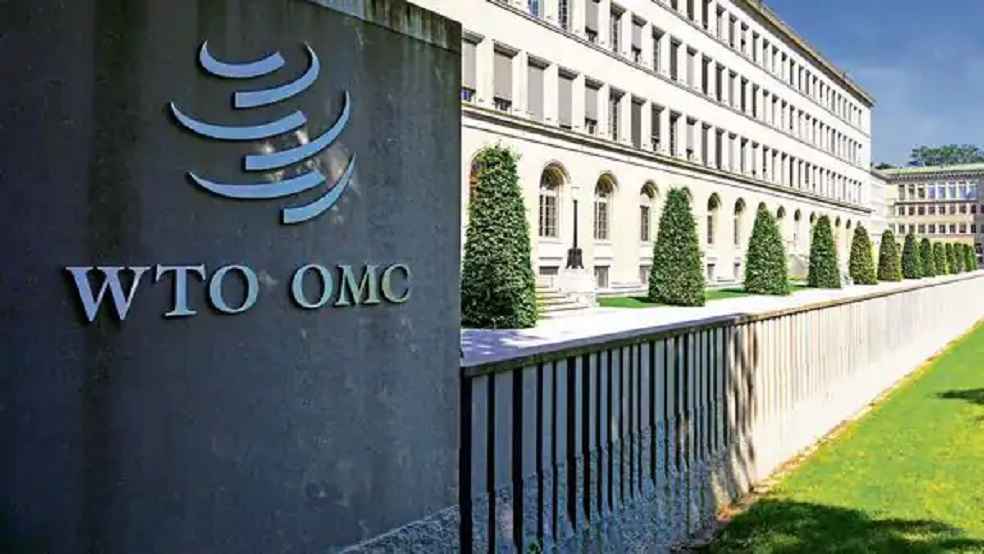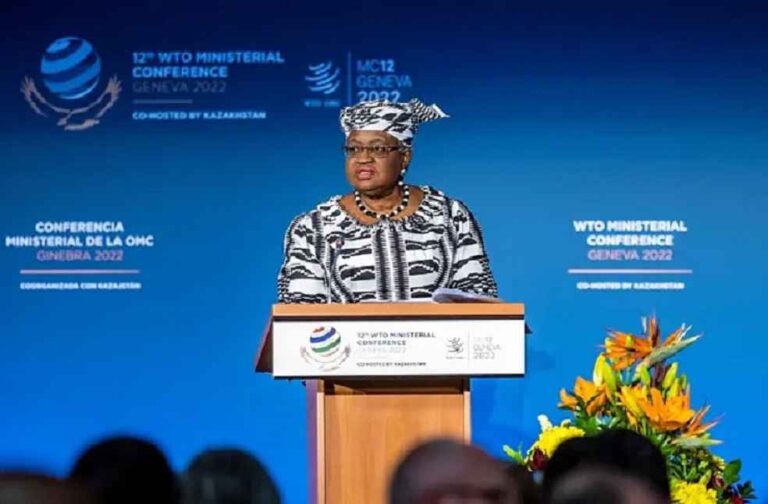Ngozi Okonjo-Iweala, leader of the World Trade Organization (WTO), addressed critics with conviction, emphasizing the institution’s critical importance amidst rising doubts about its effectiveness and overshadowing geopolitical tensions. From the organization’s Geneva headquarters, Okonjo-Iweala is gearing up to spearhead the WTO’s 13th ministerial meeting in Abu Dhabi, slated for February 26 to 29, with aspirations of finalizing pivotal agreements despite formidable challenges.
This biennial congregation of WTO members’ trade ministers in Abu Dhabi seeks to wrap up negotiations on an expansive fisheries deal among other urgent global trade matters. Yet, the route to consensus is laden with complexities as member states wrestle with the implications of current geopolitical unrest on potential pacts.
Confronting skepticism regarding the WTO’s pertinence, Okonjo-Iweala categorically dismissed the idea that the body has lost its relevance. She underscored the WTO’s essential function in overseeing 75 percent of worldwide trade, governed by its regulations despite the surge in free trade and regional agreements. “Can you imagine if those rules did not exist to govern world trade? What would it be? be careful what you say,” she warned, highlighting the potential chaos absent such regulatory frameworks.

As the global trade entity prepares for its significant Abu Dhabi event, there exists a guarded optimism about achieving advancements on critical fronts like fishing, agriculture, and electronic commerce. Okonjo-Iweala disclosed that her team has been diligently drafting agreements in anticipation of the discussions, acknowledging a more positive and constructive environment among diplomats compared to the prior ministerial gathering in 2022.
Despite the hopeful undertones, the WTO leader recognized the staunch negotiating stances of member states, especially concerning agriculture, underscoring the necessity for realism amid elevated expectations. The organization aims to tackle subsidies that encourage overfishing and continue the practice of exempting electronic transmissions from customs duties.
Okonjo-Iweala also spotlighted the wider economic and political challenges influencing the negotiations, including the war in Ukraine, regional conflicts, inflation, and economic tribulations in critical areas like Europe and China. The forthcoming US presidential election introduces an additional element of uncertainty, with potential ramifications for the WTO’s future trajectory.

The WTO’s dedication to reform and adaptability remains unwavering, according to Okonjo-Iweala, who stressed the dire consequences of a world devoid of the WTO’s regulatory framework. “the WTO becomes irrelevant, everyone including you and me will be in trouble,” she stated, envisioning a chaotic global trade environment without rules, akin to a “free-for-all.”
As the Abu Dhabi discussions loom, global anticipation grows, with hopes for concrete results that reaffirm the WTO’s essential role in fostering a fair and stable global trade framework. The stakes extend beyond the organization to the global community at large, which depends on the rules and standards established by the WTO to navigate the intricacies of international commerce.
LATEST NEWS | EU Carbon Tax on Imports to Challenge China, Sparks Global Eco-Shift



